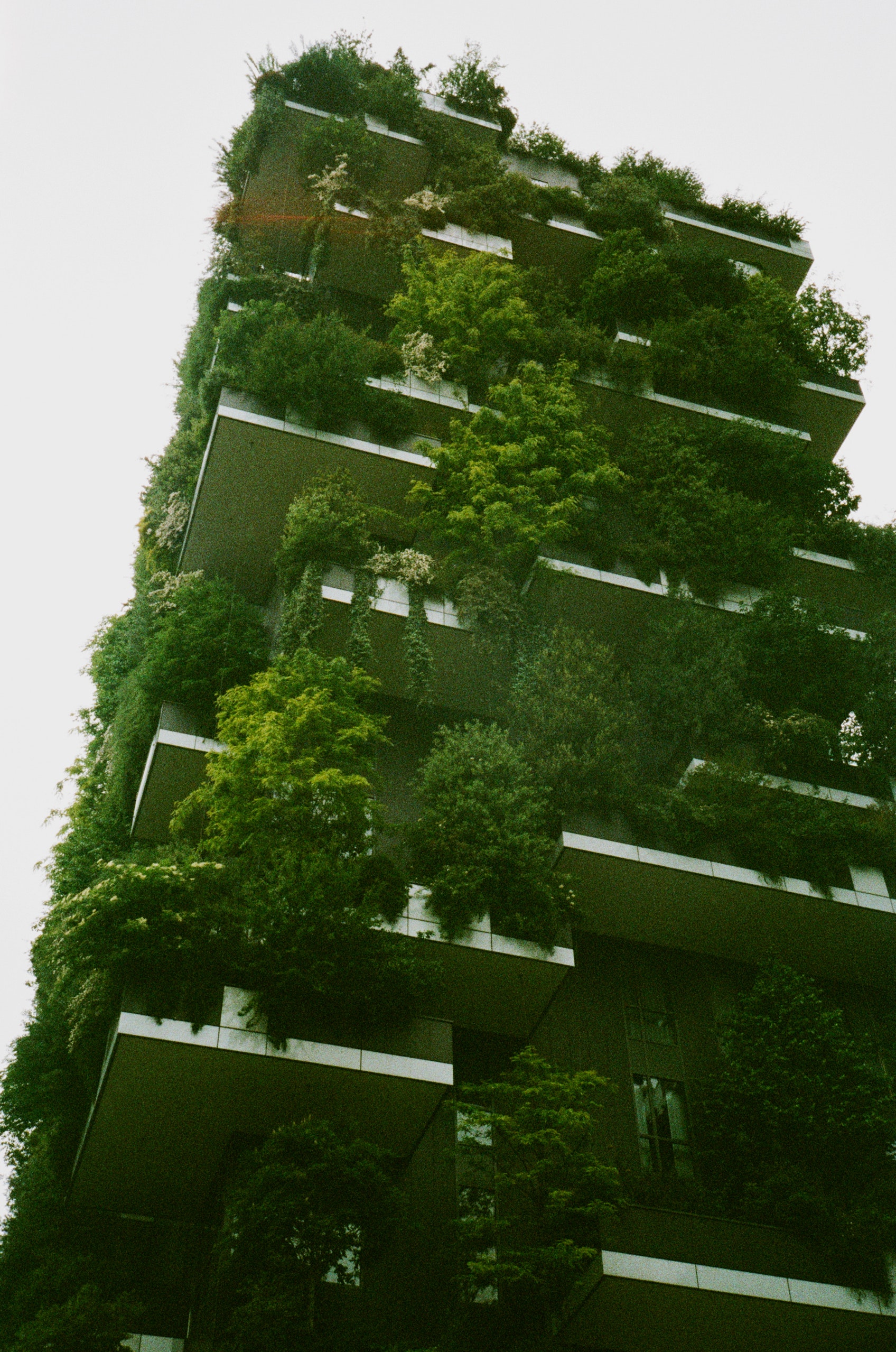Our society is increasingly attentive to the principles of ecology and respect for the environment and the construction sector is no exception. Contractors are making greater use of low-footprint heating techniques, sustainable materials and alternatives to traditional (and often outdated) building components.
Building an ecological house is therefore no longer complicated, but it can be really difficult to find your way through all the offers available on the subject. After all, there are a multitude of ways to respect the environment.
You can opt for green energy, produced for example by means of photovoltaic panels, a heat pump, a solar water heater or a combination of available techniques. You can also turn to natural insulation, make maximum use of the sun’s heat input or recover rainwater.
The authorities have also become aware of the advantages of ecological construction, which is why they are imposing ever stricter energy standards. As a result, everyone must adopt a sustainable approach to building new homes that comply with these provisions.
Anyone who wants to go one step ahead of the existing regulations can take the concept of green building to the next level.
A green house respects the environment at every stage of its construction: from the materials and the way they are produced, to the solutions for reducing energy consumption and even the architecture of your future home.
Why build an ecological house?
Intelligently combining appropriate techniques and materials while respecting your budget and expectations can offer you many advantages. Indeed, it is no longer a secret that investing in sustainable energy sources will allow you to make significant savings in the future.
The energy costs of an ecological house are significantly lower. By investing in environmentally friendly materials, you can also be sure that your home will meet future energy standards, thereby maintaining the value of your home.
Building your home using natural materials such as wood is both good for the environment and for regulating the humidity level in your home.
Indeed, wood framing is a dry construction technique. Your home is therefore healthy because it is dry from the start. The stable air humidity of a timber frame house even limits the activity of mould, dust mites, bacteria and viruses.
Building an ecological house also means thinking ahead. From 2021 onwards, all new buildings will have to be virtually energy neutral (NEQ). This European standard stipulates that all buildings must have particularly low energy consumption for heating, ventilation, cooling and hot water production. However, the energy required must be obtained from sustainable energy sources.
Ecological construction is therefore a must to prevent your home from becoming obsolete in a few years’ time.

Comments are closed